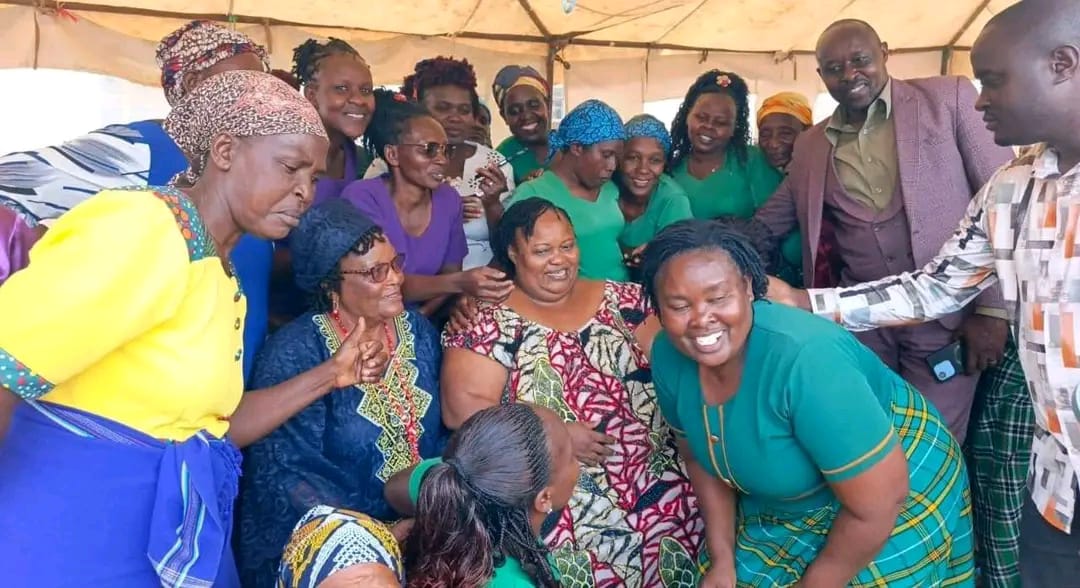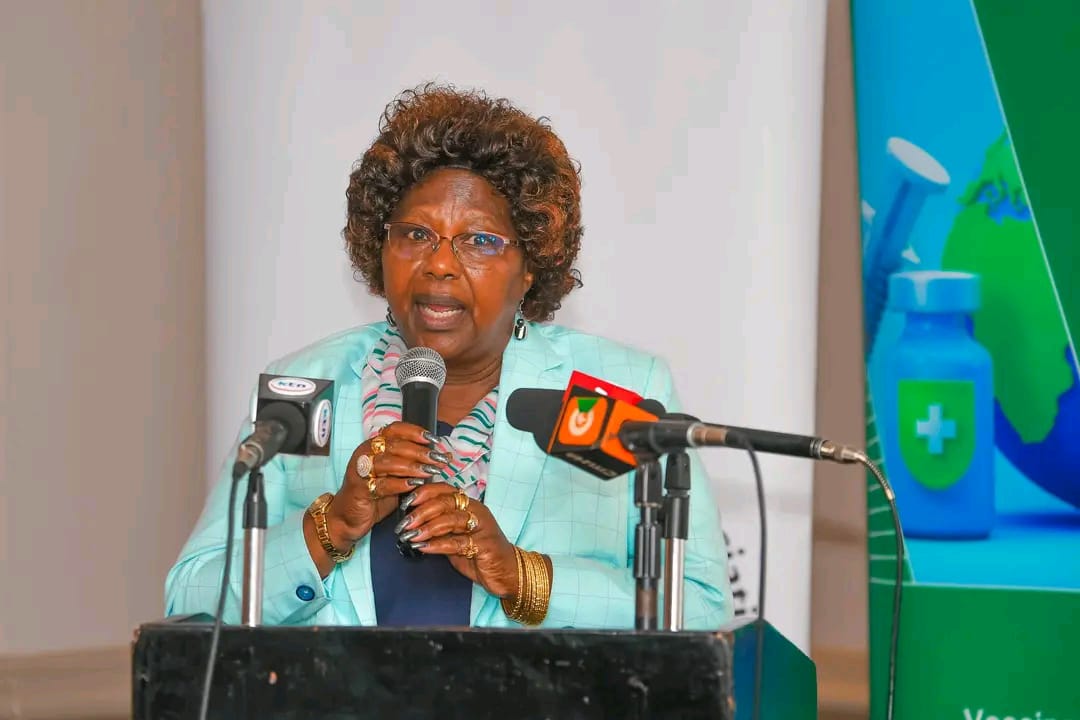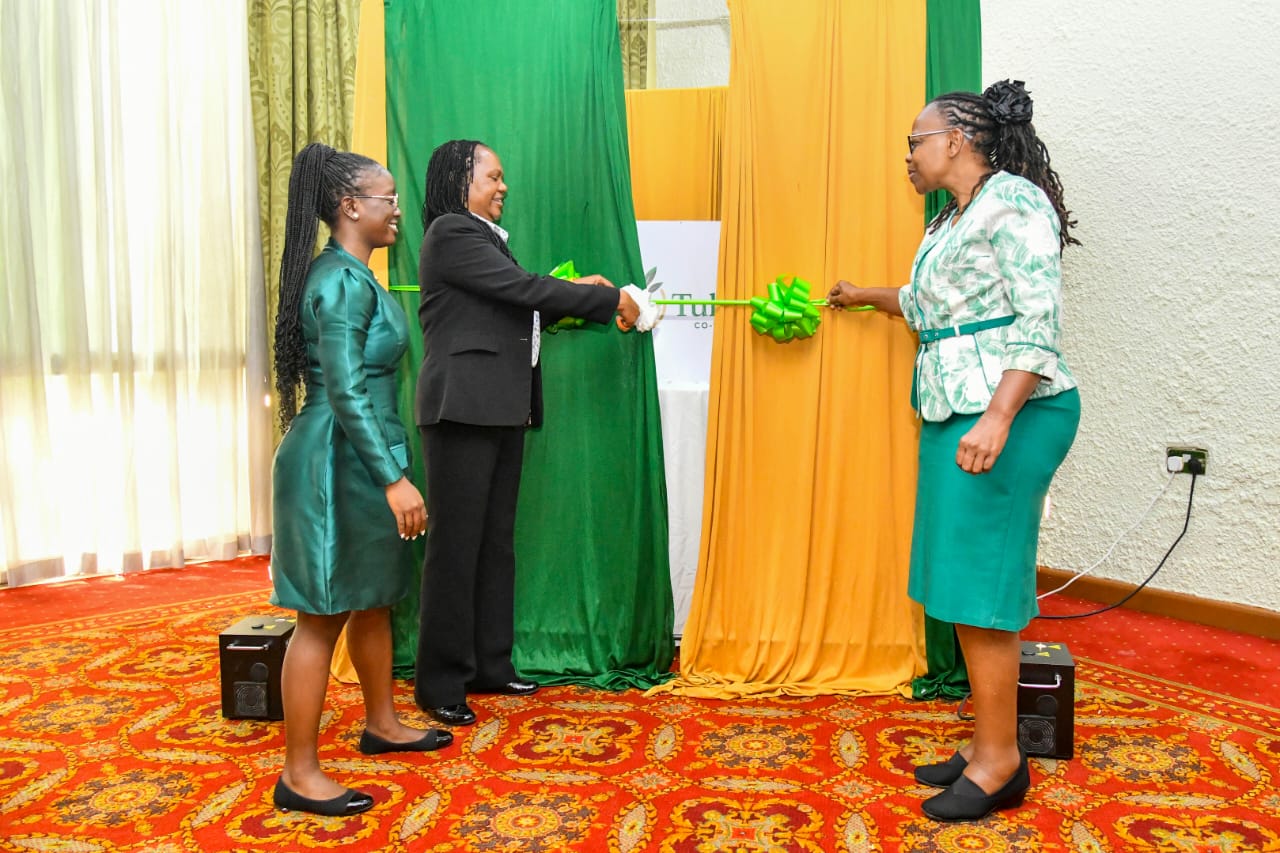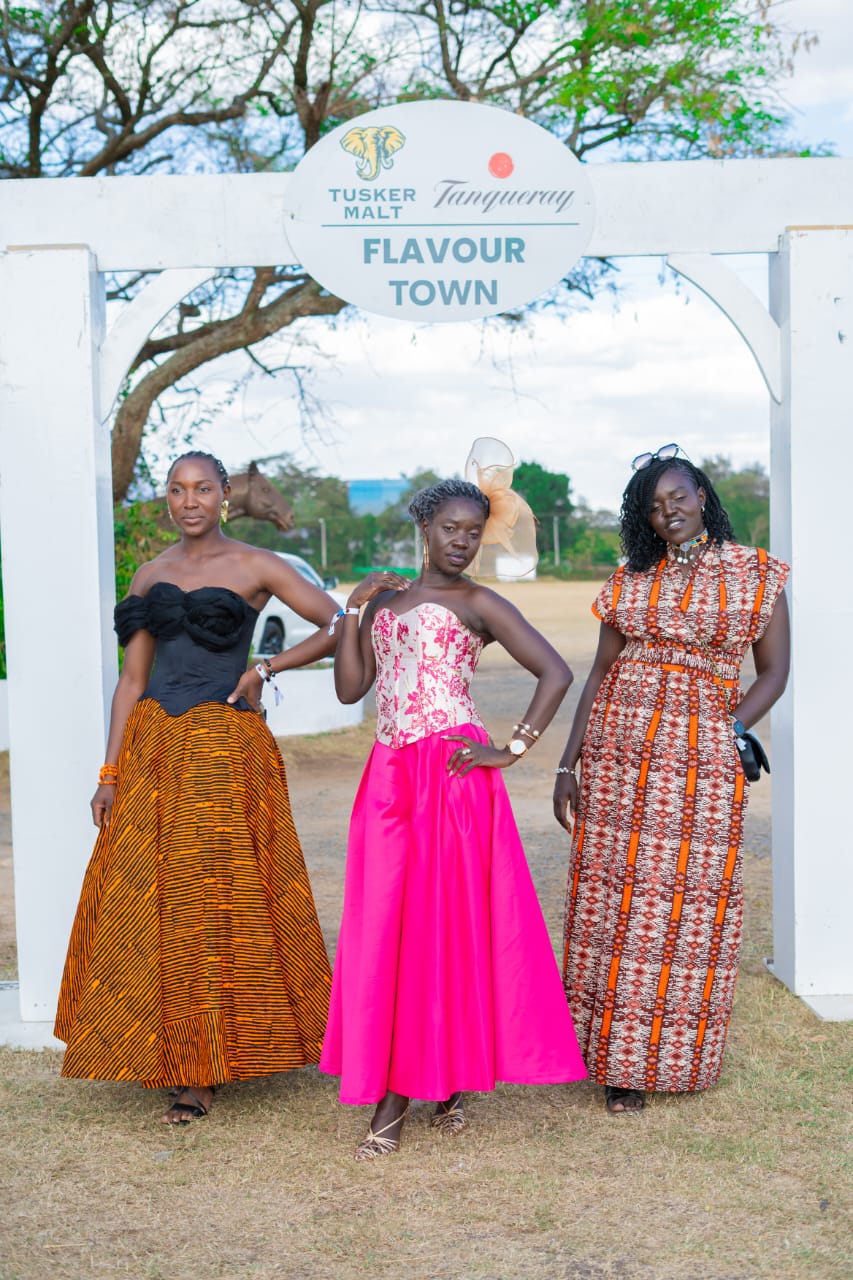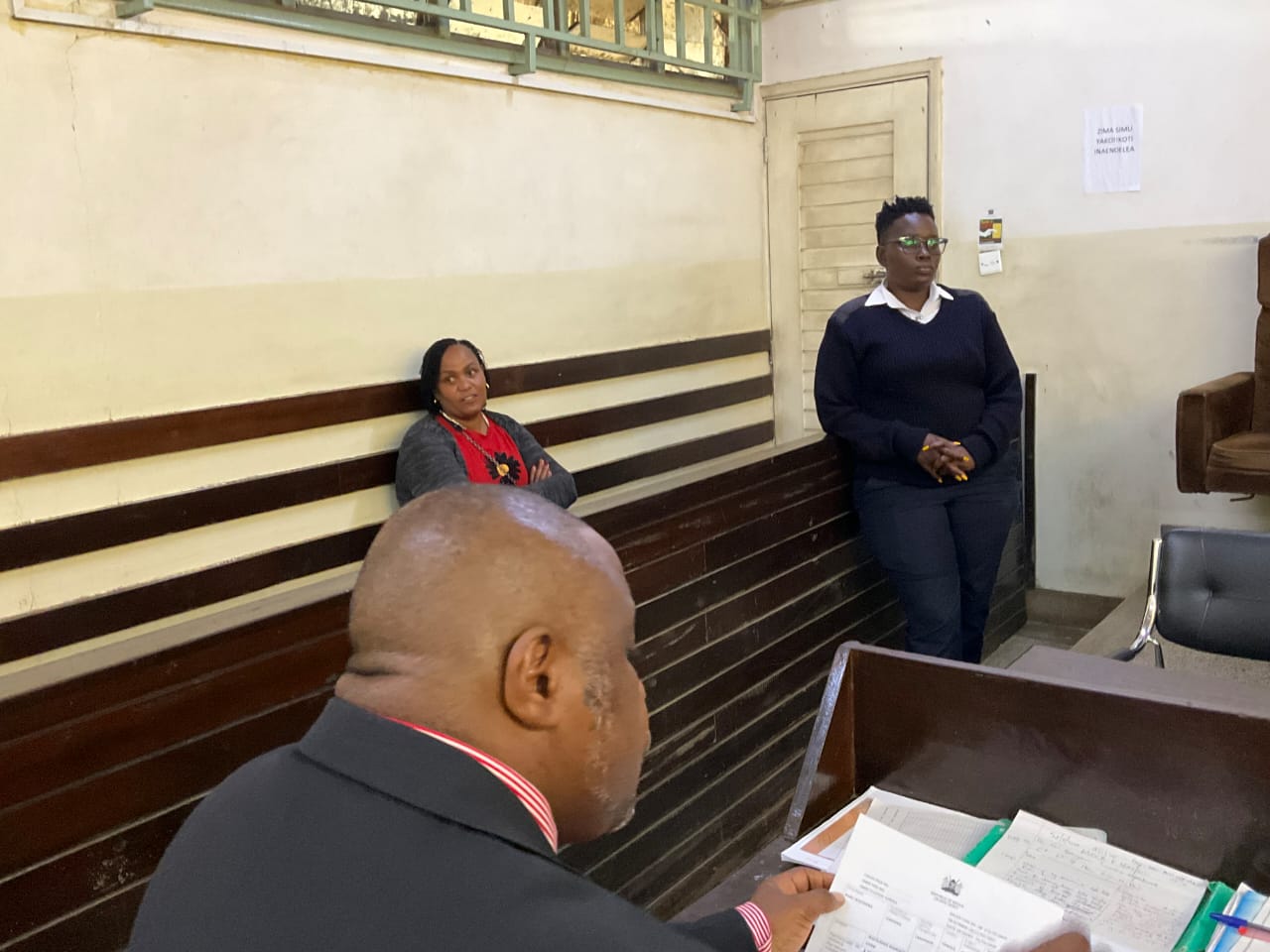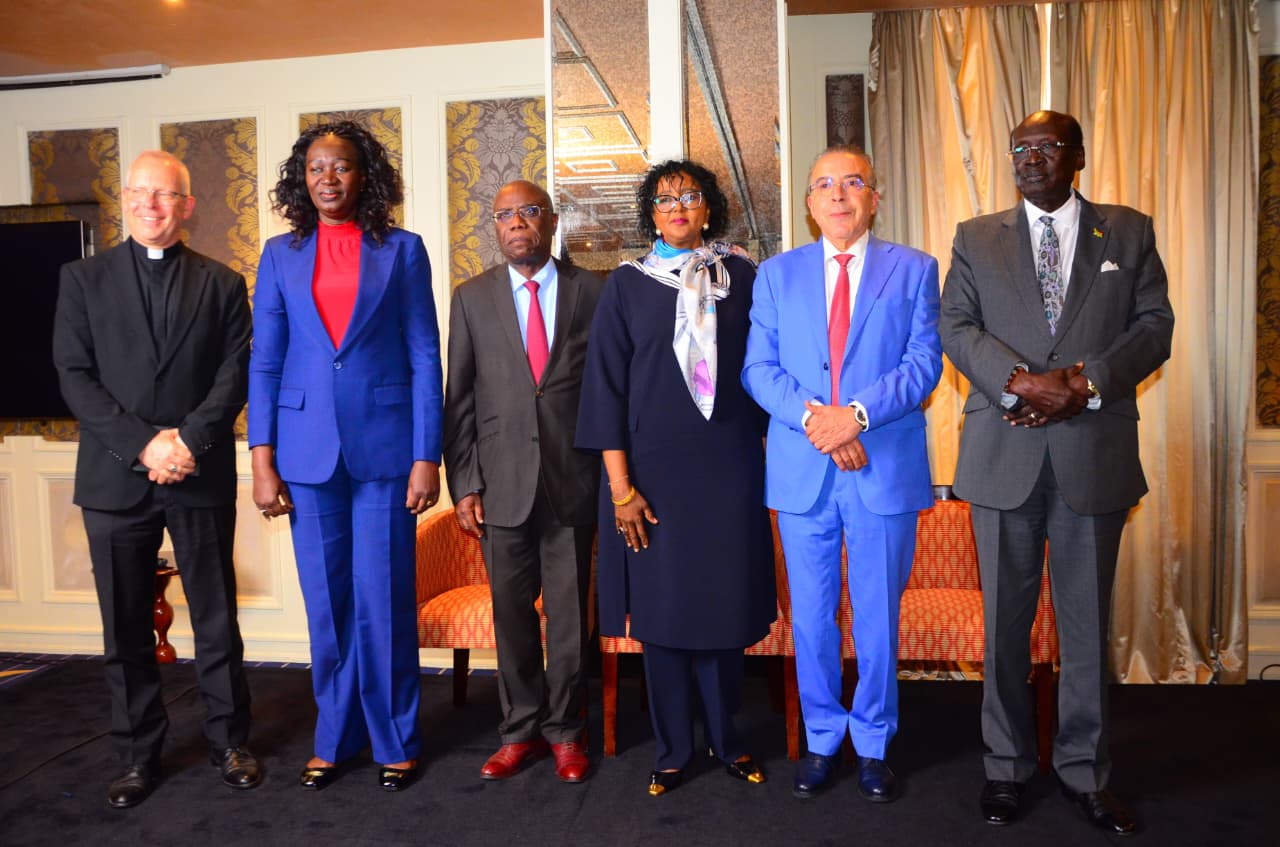
By Njeri Irungu
Nairobi, Kenya – September 11, 2025
As Sudan enters its third year of conflict, a panel meeting in Nairobi has issued a powerful call for peace, warning that the war has inflicted catastrophic suffering and risks destabilising the entire region.
The war began on April 15, 2023, when tensions between the Sudanese Armed Forces (SAF), led by General Abdel Fattah al-Burhan, and the Rapid Support Forces (RSF), under General Mohamed Hamdan Dagalo “Hemedti,” exploded into open combat. What started as a power struggle in Khartoum quickly spread across the country, engulfing Darfur, Al Jazirah, South Kordofan, the Blue Nile, and other regions.
Two years on, the human cost is staggering. More than 150,000 people are believed to have been killed, with one study estimating over 61,000 deaths in Khartoum alone during the first 14 months. In Al Jazirah State, local reports document 8,000 deaths during RSF control between late 2023 and early 2025. The violence has displaced over 11 million people within Sudan, forcing families to flee repeatedly as front lines shift. Beyond its borders, the crisis has pushed more than 4 million Sudanese into exile: roughly 1.5 million in Egypt, 1.1 million in South Sudan, over 850,000 in Chad, and hundreds of thousands more in Ethiopia, the Central African Republic, Libya, and Uganda.
The scale of need is unprecedented. The United Nations estimates that more than 30 million people require humanitarian assistance, with widespread hunger, collapsing health care, and devastated livelihoods driving one of the world’s worst displacement crises.
It was against this backdrop that the Nairobi panel — convened by the Centre Maghrébin et Africain des Médias, the Kofi Annan Foundation, and Ambassador Amina Live — issued its joint statement. The participants insisted that no military victory will ever bring peace, justice, or stability to Sudan. Instead, they urged the African Union, IGAD, and the United Nations to act with urgency and moral clarity.
The statement outlined five priorities: immediate pressure on both SAF and RSF to halt fighting and return to negotiations; rejection of any reliance on military solutions; unhindered humanitarian access for civilians; support for inclusive political dialogue that amplifies the voices of women, youth, civil society, faith groups, and marginalised communities; and the establishment of a civilian-led transitional government to steer the country towards credible elections.
“The people of Sudan have endured enough. No battlefield victory will ever bring peace, justice, or stability to Sudan—only an inclusive political settlement can do so,” the declaration read.
Sudan, the panel warned, stands at a crossroads. The future of its people cannot be determined by violence, and silence in the face of such devastation is complicity. As the joint statement concluded: “We must break the silence and silence the guns.”


